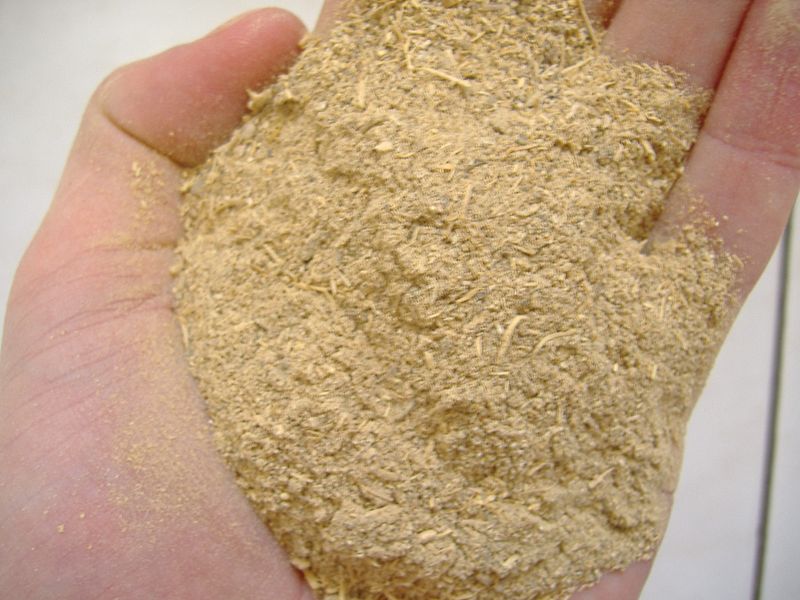
Sometimes the most simple and elegant solution to a problem has actually been known for a very long time. We saw an example of this last year in the University of Minnesota’s pancreatic cancer drug, derived from the traditional Chinese tea ingredient known as the Thunder God Vine. This year, University of Minnesota researchers explore another ancient plant’s capacity to solve modern-day problems.
The plant in question is formally named Piper methysticum, though many know it as kava. Kava roots are a common ingredient in traditional beverages on the islands of the South Pacific like Vanuatu, Fiji, and Western Samoa. Kava has been linked previously to the prevention and treatment of lung cancer, and with good reason: although smoking rates in the South Pacific islands are comparable to those of the United States, lung cancer rates are 90 to 95 percent lower in the islands.
The reason kava hasn’t grown immensely popular as a cancer combatant is because one of the occasional side effects of its derivatives is liver damage. This slowed the spread of kava to the point where today’s commercially available kava supplements are diluted enough so that they won’t cause liver damage, but the trade-off is that they’re not potent enough to do much in the way of cancer.
“I wouldn’t recommend using kava supplements on the market today with the hopes of receiving cancer prevention benefits,” says Chengguo Xing, Ph.D., an associate professor of medicinal chemistry at the University of Minnesota College of Pharmacy in a UMN press release. “Although occasional use of currently available kava supplements is likely to have a low risk of liver injury, they may not safely provide the intended chemopreventative benefits.”
